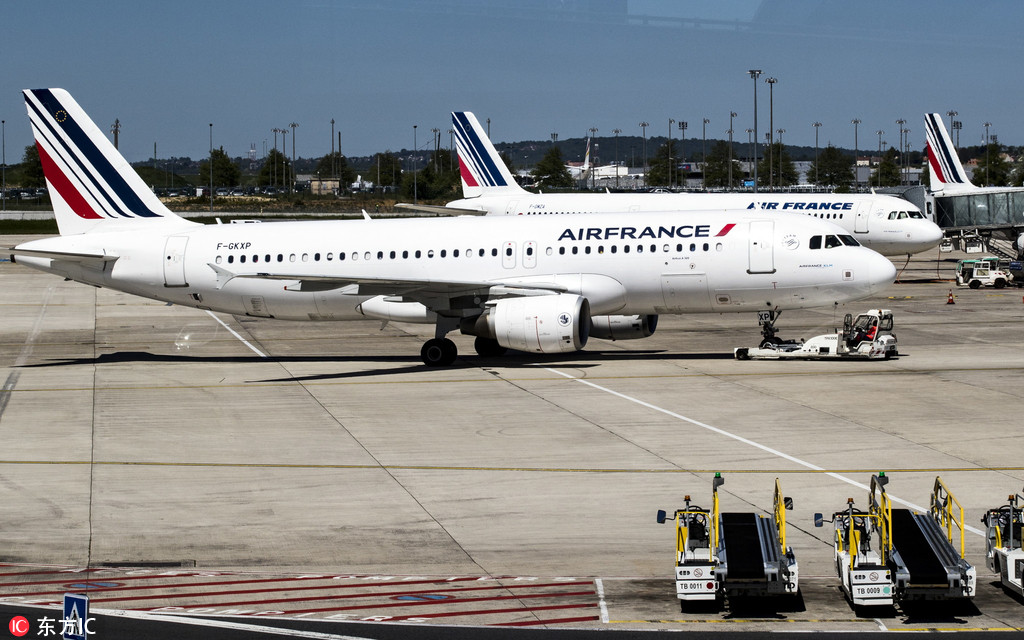Air traffic delays more than double in Europe since 2017: IATA


GENEVA - Governments and air navigation service providers need to address Europe' airspace bottlenecks as new data shows delays this year have more than doubled since 2017, the International Air Transport Association (IATA) said Wednesday.
"We are in the summer season in Europe. Travelers want to get to their holidays on time. And too many will be disappointed because of air traffic delays," said Alexandre de Juniac, IATA's Director General and CEO in a statement here.
He said the airline business should be making progress and that there is no quick fix for this year.
De Juniac said that with the correct investment and planning by governments and air navigation service providers, the situation can be improved for next year.
Data from Eurocontrol shows that in the first half of 2018, Air Traffic Management (ATM) delays more than doubled to 47,000 minutes a day, or 133 percent more than in the same period last year.
Most of these delays are caused by staffing and capacity shortages as well as other causes such as weather delays and disruptive events such as strikes, said IATA.
The average delay for flights caused by air traffic control limitations reached 20 minutes in July, with the longest delay reaching 337 minutes.
As airlines add flights to new destinations and expand their offer to meet the expectations of travelers, air traffic in Europe is on the rise, creating greater demands on the continent's airspace.
Air Navigation Service Providers manage each country's airspace and charge overflight fees for the services they provide.
As flight numbers have increased, so has the revenue, said IATA.
Unfortunately, key air navigation service providers in Europe have not made needed investments in their businesses, preferring instead to make super-normal profits, said IATA.
"The largest service providers have either under-invested in staff or use outdated employment practices which don't deploy staff when and where they're most needed, resulting in unnecessary delays for passengers," said IATA.
Many European air navigation service providers have also failed to make planned technology investments intended to increase capacity.
"Travelers are fed-up. Change must start now," said de Juniac.






























